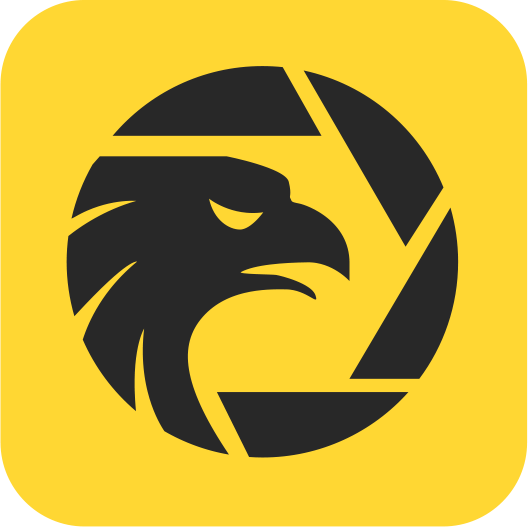
What documents do I need to provide to make my first successful withdrawal from Societe Generale?

Based on my experience with regulated brokers like Societe Generale, particularly given their long history and FSA oversight in Japan, I approach client onboarding and withdrawals with great caution. When I made my first withdrawal with a comparable institution, I was required to submit standard documents to verify my identity and comply with regulatory norms, which are typically rigorous for a bank of Societe Generale’s stature. Though their detailed withdrawal requirements are not explicitly outlined in the available materials, my understanding is that you should be prepared to provide, at minimum, a government-issued photo ID (such as a passport or driver’s license), recent proof of address (for example, a utility bill or bank statement issued within the last three months), and potentially documentation verifying the source of your funds. Regulators like Japan’s FSA enforce anti-money laundering and know-your-customer (KYC) rules, so these verification steps are standard practice. The process may be more stringent than with retail-focused forex brokers, since Societe Generale also engages in broader corporate and institutional activities. In my own experience, ensuring that all your documents are clear, up-to-date, and match the details on your trading account helps prevent delays or rejections. If uncertain, I always contact the broker’s customer support directly for the latest specific requirements, as regulations and internal procedures can change, especially with international institutions like Societe Generale. This cautious, methodical approach has served me well in protecting my funds and ensuring regulatory compliance in every withdrawal I make.
Mga Katulad na Tanong
How long does Assexmarkets withdrawal take?

What is the minimum deposit for the Institutional account at OTTMarkets?

What is the minimum deposit required to open an account with CSCI?

How long does Sword Capital's withdrawal process take?

What's the lowest single withdrawal amount allowed from my C&S account?



